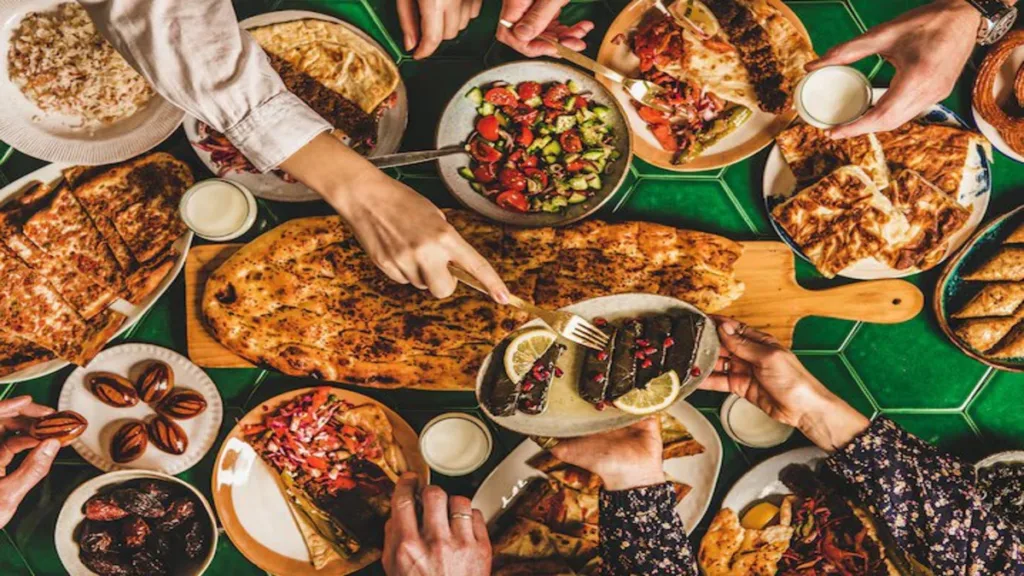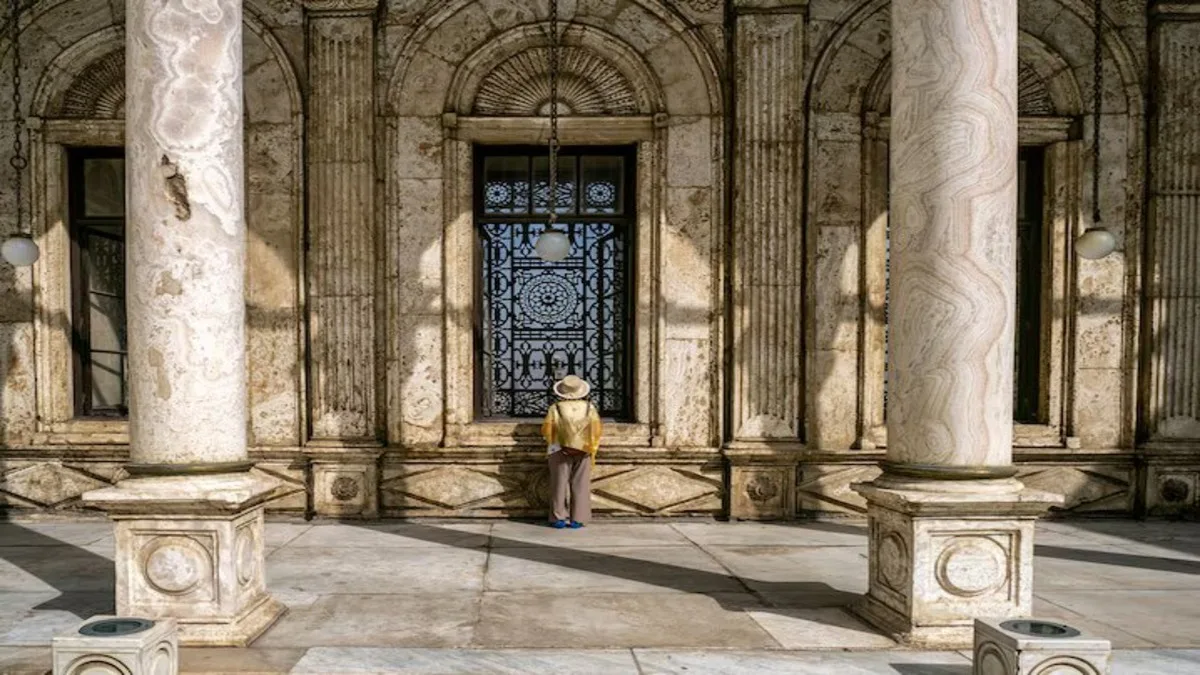Traveling to Muslim countries during Ramadan means visitors should be aware of some extra rules to follow. Here’s how to navigate them:.
Ramadan marks the month when Muslims believe the divine message first reached Prophet Muhammad, the community’s inaugural triumph in battle, and Muhammad’s triumphant return to Mecca in 630 CE.
Throughout Ramadan, Muslims embrace a period of devout abstention, fasting from sunrise to sunset, and engaging in fervent nocturnal worship. Consequently, many Muslim-majority regions adapt their societal customs accordingly. Thus, what awaits travelers in these destinations during Ramadan, and should one embark on journeys during this sacred month? Here are answers to pressing queries on the minds of travelers.
Understanding the Commencement of Ramadan
Each year, Ramadan commences on varying dates in the Gregorian calendar. This fluctuation arises from the Islamic calendar’s lunar cycle, with the start date confirmed only upon sighting the new moon the preceding night. Furthermore, regional disparities often result in slight deviations in the commencement and conclusion of Ramadan. For instance, while numerous Sunni Muslim nations align with Saudi Arabia’s announcement, others rely on domestic sightings. Hence, it’s prudent to verify locally whether one seeks to avoid or embrace the month.

Dining Etiquette During Daylight Hours
The permissibility of public dining hinges on the locale’s Muslim demographic and familiarity with non-Muslim visitors. In regions with mixed religious communities or accustomed to hosting tourists, such as Sarajevo or Sharm el-Sheikh, dining publicly poses no issue. Conversely, in unaccustomed Muslim-majority areas, discreet consumption behind closed doors remains advisable.
Alcohol Consumption and Beverage Choices
In locales with diverse populations or accustomed to catering to non-Muslim tourists, bars typically operate as usual. Conversely, in predominantly Muslim or tourist-unfamiliar regions like Pattani, Thailand, procuring alcohol proves challenging. Moreover, if available, it’s prudent to consume alcohol discreetly, mirroring the etiquette for public dining.
Navigating Cultural Shifts and Attire
Ramadan prompts noticeable shifts in business hours across Muslim-majority towns and cities. However, the extent of these adjustments varies based on the destination’s prevailing cultural context. For instance, in Tunisia’s Kairouan, a revered yet less frequented city, businesses operate at altered schedules during Ramadan. In contrast, tourist hubs like Sidi Bou Said witness minimal alterations, ensuring uninterrupted visitor experiences.
Exploring Religious Sites and Practices
Post-sunset, places of worship teem with devotees throughout Ramadan, extending into the early morning hours. While some locales facilitate complimentary iftar meals at prominent mosques, visiting hours may vary. Optimal visitation times typically span between midday and mid-afternoon prayers, allowing caretakers ample rest following nocturnal devotions.
Embracing Regional Traditions and Cuisine
Each region boasts distinct Ramadan delicacies, ranging from India’s saccharine jalebis to Egypt’s hearty koshari. Bosnia hosts live Qur’anic recitations at major mosques, while Malaysia tantalizes with lavish iftar buffets. Meanwhile, nocturnal football matches and traditional music concerts characterize Gulf and Algerian nights, respectively.
Maximizing Tourist Experiences
For an immersive Ramadan experience, synchronize with local customs. Embrace nocturnal activities, relish regional delicacies, and partake in festive celebrations, whether attending a local cup final in Jeddah or a concert in Constantine.
#RamadanTravel #CulturalJourney #ExploreIslam #TravelTips #LocalTraditions
